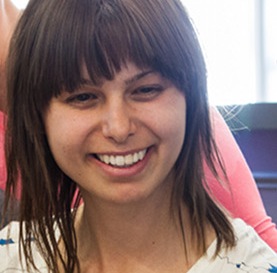Title: Utilization and Development Contribution of Open Source Software in Japanese IT Companies: An Exploratory Study of the Effect on Business Growth
Authors: Terutaka Tansho (Shimane University, Japan), Tetsuo Noda (Shimane University, Japan)
Abstract: The usage of Open Source Software (OSS) has been more general these days and OSS are utilized in a wide range of business fields not only IT industries. Behind the expansion, there exist OSS development communities, where voluntary engineers dedicate their time and effort for the improvement. Considering development engineers in the companies as input resources, it is important to investigate the output of business growth. In this study, we conducted questionnaire survey to Japanese IT companies in 2013, and then analyzed the present state and relation between OSS utilization and development contribution. Our study revealed that Japanese IT companies are rather free riders of OSS, the volume of development contributions are far less than that of utilization. With regard to the effect on the business growth, the results of correlation analysis implicate that OSS utilization is related to the sales growth in the present term and that development contribution is related to the future growth of the employee number in the company. In order to explore the direct effect on the business growth, we constructed the models of multiple-logistic and logistic analyses, however, no direct and explicit determinants are found from the results of the analyses. Our research endeavors to investigate the OSS effect on the business growth are still on the way, but it is meaningful to provide the present state in numbers and hopefully this will lay some foundation for further study in this field.
This contribution to OpenSym 2014 will be made available as part of the OpenSym 2014 proceedings on or after August 27, 2014.


